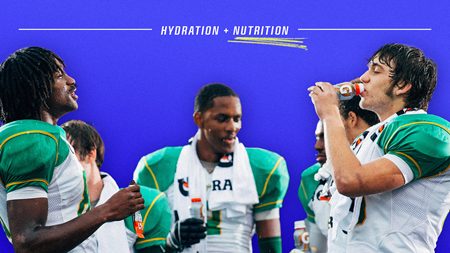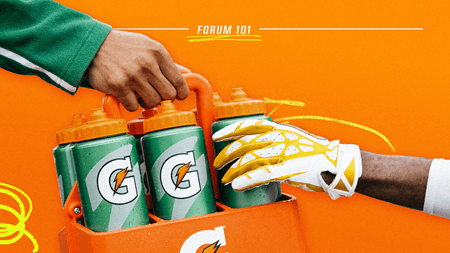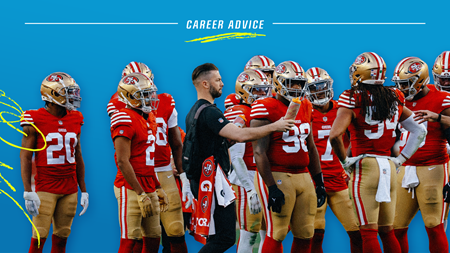Over the past 60 years, sports nutrition has evolved from a collection of laboratory-based studies, supplemented by anecdotes about the dietary strategies of successful athletes, into a credible science underpinning the health and performance of all athletes.1
Professor Louise M Burke, Chief of Nutrition Strategy at the Australian Institute of Sport outlines the characteristics of bespoke performance nutrition for the 24/7 athlete.
Background
Modern athletes, from recreational to the elite, invest in their sporting goals with gadgets, individualized training and competition plans, monitoring practices and specialized nutrition strategies. This 24/7 commitment will vary in its implementation between and within athletes because of their differences. The bespoke performance nutrition plan incorporates specialization, periodization, the need for an evidence-base, individualization and continual redesign (Figure 1).
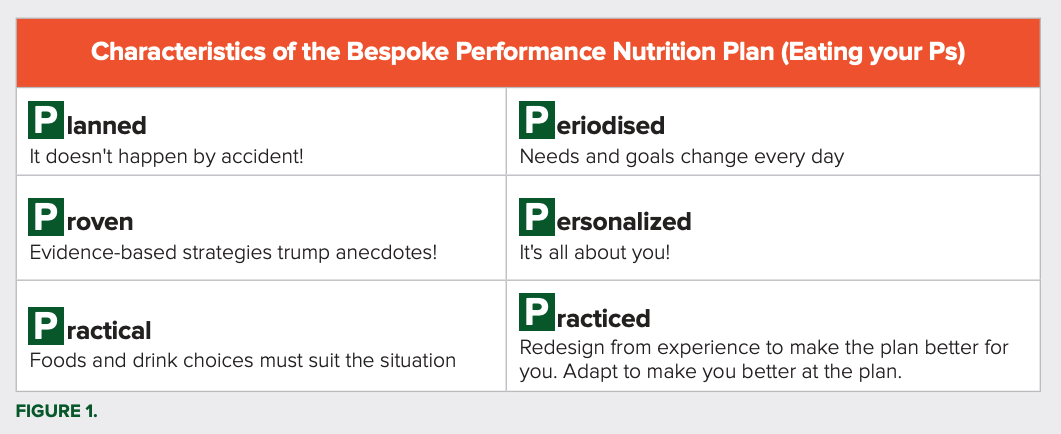
Characteristics of Bespoke Nutrition
Planned
Performance nutrition should be considered and pre-arranged, based on continual assessments of needs/goals and the likely challenges of meeting these in the athlete’s lifestyle and sporting environment. However, involve the flexibility of a ‘Plan B’, if situations change during implementation.
Periodized
The athlete’s nutrition should track his or her periodized training program, recognizing changes in goals and needs between and within the various cycles. At the micro level, nutrition support should be arranged around each training session and event to maximize its specific characteristics and goals; one session may benefit from a certain approach while an almost converse approach is applied to another.2,3
Proven
The athlete should seek strategies that are evidence-based rather than popularity or reliant on tempting but unsupported claims. The process of developing the evidence for the complex nutrition needs of an event or athlete requires special tools in applied sports science research.4
Personalized
Further personalization occurs when individual responsiveness or tolerance of various components is taken into account to ‘tweak’ its implementation. When faced by many layers and opportunities to enhance performance through dietary strategies, or the involvement of clinical nutrition concerns, the individual athlete will often need to decide which components to prioritize.
Practical
Translation of the theoretical plan into practice also adds new filters: what is accessible, manageable and enjoyable to the athlete. The bespoke performance nutrition plan must often be implemented in a busy lifestyle with a limited food environment. Furthermore, the rules and logistics of sport often place restraints on what is possible around the event or training session.5
Practiced
Many components of the bespoke competition plan need to be practiced in training or lead-up events to permit fine tuning. Furthermore, repetition of the plan may achieve physiological adaptations that allow the strategy to be implemented more successfully (e.g., gut training to upregulate intestinal absorption of nutrients).6 The successful athlete will continually debrief about the success of the plan to allow it to further evolve and improve.
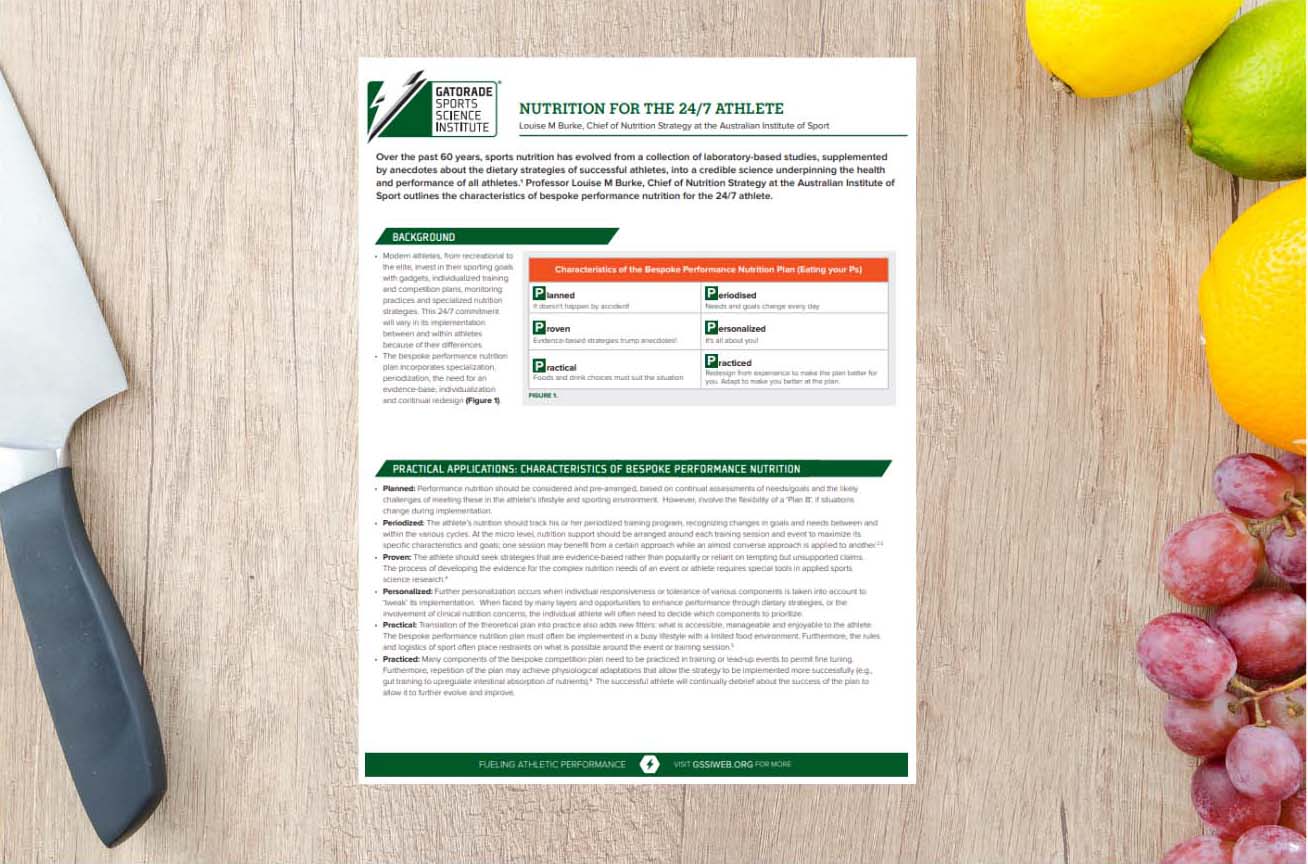
- Burke LM, Hawley JA. Swifter, higher, stronger: What's on the menu? Science. 2018; 362[6416):781-787.
- Burke LM, Hawley JA, Jeukendrup A, Morton JP, Stellingwerff T, Maughan RJ. Toward a Common Understanding of Diet-Exercise Strategies to Manipulate Fuel Availability for Training and Competition Preparation in Endurance Sport. Int J Sport Nutr Exerc Metab. 2018; 28(5):451-463
- Jeukendrup AE. Periodized Nutrition for Athletes. Sports Med. 2017;47(Suppl 1):51-63.
- Burke LM, Peeling P. Methodologies for Investigating Performance Changes With Supplement Use. Int J Sport Nutr Exerc Metab. 2018;28(2):159-169.
- Garth AK, Burke LM. What do athletes drink during competitive sporting activities? Sports Med. 2013;43(7):539-64.
- Jeukendrup AE. Training the Gut for Athletes. Sports Med. 2017;47(Suppl 1):101-10


